The MRC Epidemiology Unit leads and hosts a number of strategic initiates, networks and projects with a diverse web and social media presence. Here is a quick list to help you navigate our wide-ranging portfolio.
MRC Epidemiology Unit
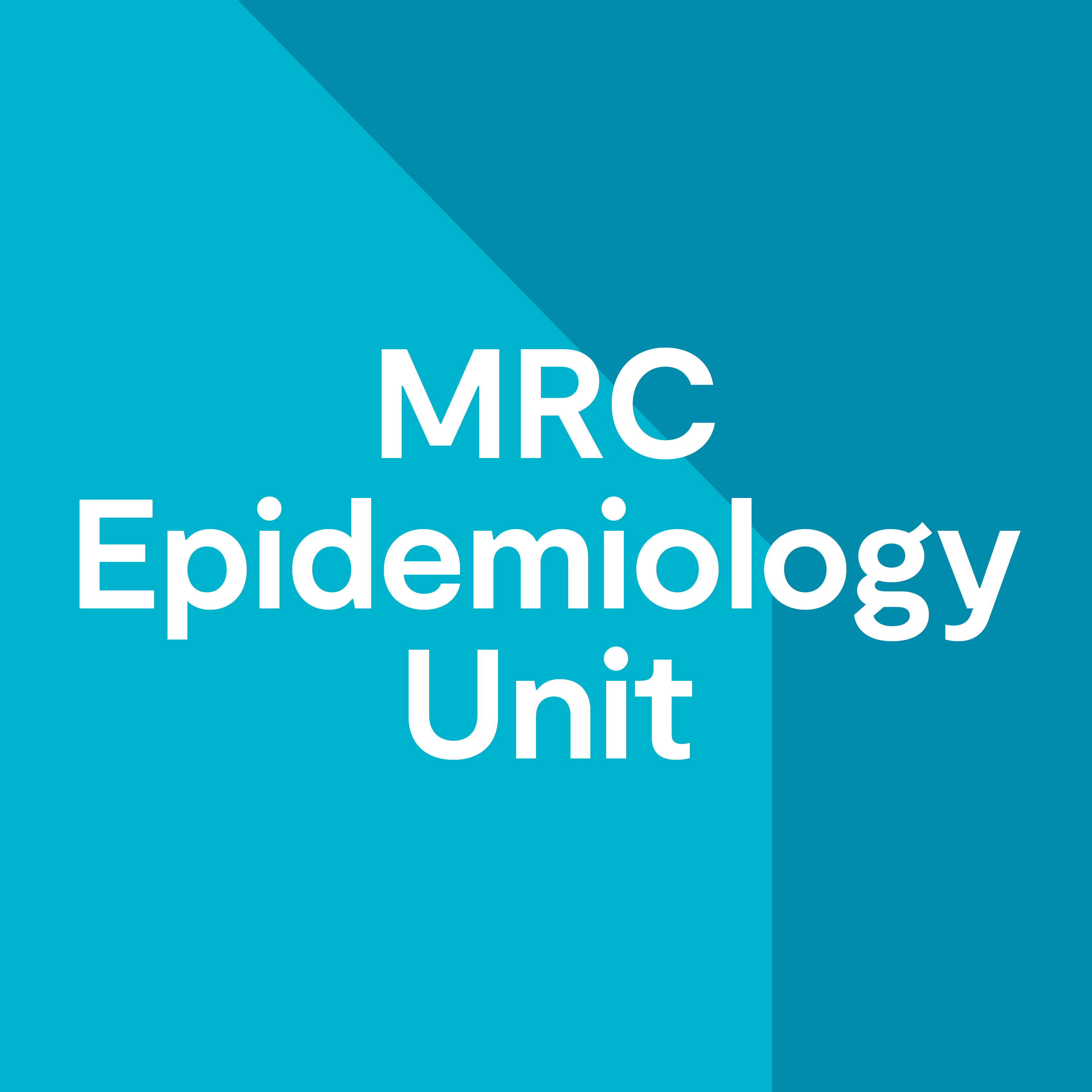
Investigating the complex interplay of genetic, developmental, behavioural and environmental factors that cause obesity, type 2 diabetes and related metabolic disorders. Developing and evaluating strategies to prevent these diseases and their consequences.
Global Diet and Activity Research Network (GDAR)
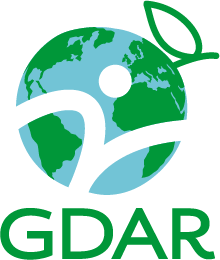
Through research on how physical, policy and social environments influence diet and physical activity GDAR is working to prevent non-communicable diseases in low and middle income countries. A collaboration of researchers from ten organisations in seven countries on three continents, GDAR is funded by the NIHR Global Health Research initiative.
Mandala Consortium

The Mandala Consortium is focusing on transforming urban food systems for planetary and population health. Centred on the city of Birmingham and the regional economy of the West Midlands, Mandala brings together internationally renowned teams from the Universities of Cambridge, Birmingham, Warwick, Exeter, and the London School of Hygiene and Tropical Medicine.
Salient

SALIENT is a team of researchers working with stakeholders across sectors to design and test interventions to support healthier eating and reduce the impact of food on the planet. It involves eight universities (Oxford, Cambridge, Warwick, Birmingham, Hertfordshire, Liverpool, London School of Hygiene and Tropical Medicine, and Queen Mary University of London) and two research institutes (Nesta and the Behavioural Insights Team). It is led by Professor Pete Scarborough from the University of Oxford, and Professor Martin White from the MRC Epidemiology Unit.
The EPIC-Norfolk Cohort study

The EPIC (European Prospective Investigation into Cancer) Norfolk study is a population-based prospective cohort study, co-ordinated by the MRC Epidemiology Unit. The study recruited over 30,000 men and women 1993 and 1998 and participants have continued to provide follow up data and attend additional health checks for over 25 years.
Measurement Toolkit
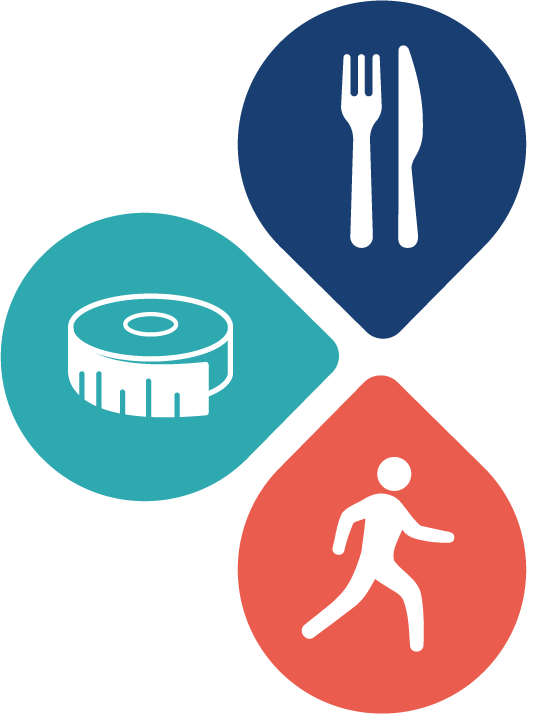
The Diet, Anthropometry and Physical Activity (DAPA) Measurement Toolkit is a free resource to assist researchers, public health professionals, and others to identify and use methods for the assessment of diet, anthropometry, and physical activity. The Toolkit provides information for you to use and interpret existing data or to reach a decision on choosing methods that are fit for purpose when planning research.
Food Environment Assessment Tool (Feat)
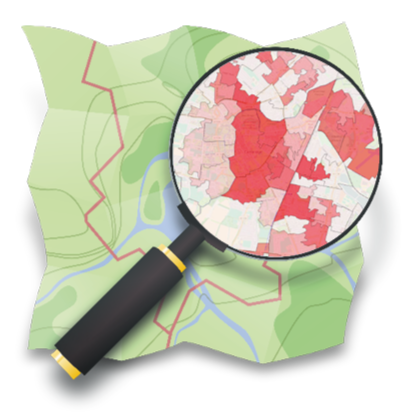
The Food environment assessment tool (Feat) enables detailed exploration of the geography of food retail access across England, Scotland and Wales. It is designed around the needs of professionals in public health, environmental health and planning roles, locally and nationally. Use it to map, measure and monitor access to food outlets at a neighbourhood level, including changes over time.
Propensity to Cycle Tool (PCT)
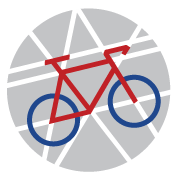
The Propensity to Cycle Tool (PCT) for England and Wales provides an evidence base to inform cycling investment. It can be used to estimate cycling potential and corresponding health and CO2 benefits, down to the street level.
Population Health Improvement UK
MRC Epidemiology Unit Director Nick Wareham is also the Director of the Population Health Improvement UK (PHI-UK).
This new national research network has been established with investment UK Research and Innovation (UKRI). It will bring together expertise and insight from across research, public health and community organisations. Its aim is to find innovative and inclusive ways to improve the health of people, places and communities and reduce health inequalities through the development and evaluation of long-lasting and environmentally sustainable interventions.

 MRC Epidemiology Unit
MRC Epidemiology Unit